Despite pleas from Pope Francis and other advocates, Missouri executes intellectually disabled man

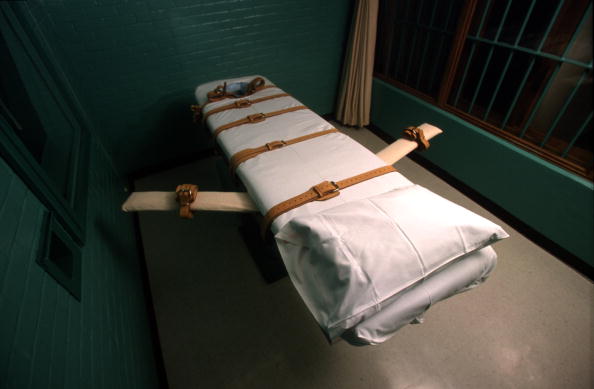
A free daily email with the biggest news stories of the day – and the best features from TheWeek.com
You are now subscribed
Your newsletter sign-up was successful
Missouri carried out its first execution since May 2020 on Tuesday night, killing Ernest Lee Johnson, 61, with a lethal injection at the state prison in Bonne Terre. Gov. Mike Parsons (R) on Monday night had declined pleas to commute Johnson's death sentence, including from Pope Francis and two members of Missouri's congressional delegation. Johnson's final statement, as passed down by the Missouri Department of Corrections, expressed remorse for killing three people during a 1994 convenience story robbery and thanked those who supported him.
Pope Francis "wishes to place before you the simple fact of Mr. Johnson's humanity and the sacredness of all human life," not just his "doubtful intellectual capacity," Archbishop Christophe Pierre, the Vatican's U.S. ambassador, wrote Parsons on Oct 1. Other advocates focused more on Johnson's intellectual acuity.
Johnson's lawyers said he was intellectually disabled since birth, noting his IQ or between 67 and 77, and said his mental capacity declined further after 20 percent of his brain tissue was removed in a 2008 surgery to remove part of a tumor. They said executing him was unconstitutional, citing a 2002 Supreme Court ruling. But that ruling left it up to states to determine what constitutes an intellectual disability serious enough to avert capital punishment. The Missouri Supreme Court unanimously decline to halt Johnson's execution in May and the U.S. Supreme Court declined to intervene on Tuesday.
The Week
Escape your echo chamber. Get the facts behind the news, plus analysis from multiple perspectives.

Sign up for The Week's Free Newsletters
From our morning news briefing to a weekly Good News Newsletter, get the best of The Week delivered directly to your inbox.
From our morning news briefing to a weekly Good News Newsletter, get the best of The Week delivered directly to your inbox.
A free daily email with the biggest news stories of the day – and the best features from TheWeek.com
Peter has worked as a news and culture writer and editor at The Week since the site's launch in 2008. He covers politics, world affairs, religion and cultural currents. His journalism career began as a copy editor at a financial newswire and has included editorial positions at The New York Times Magazine, Facts on File, and Oregon State University.
-
 Local elections 2026: where are they and who is expected to win?
Local elections 2026: where are they and who is expected to win?The Explainer Labour is braced for heavy losses and U-turn on postponing some council elections hasn’t helped the party’s prospects
-
 6 of the world’s most accessible destinations
6 of the world’s most accessible destinationsThe Week Recommends Experience all of Berlin, Singapore and Sydney
-
 How the FCC’s ‘equal time’ rule works
How the FCC’s ‘equal time’ rule worksIn the Spotlight The law is at the heart of the Colbert-CBS conflict
-
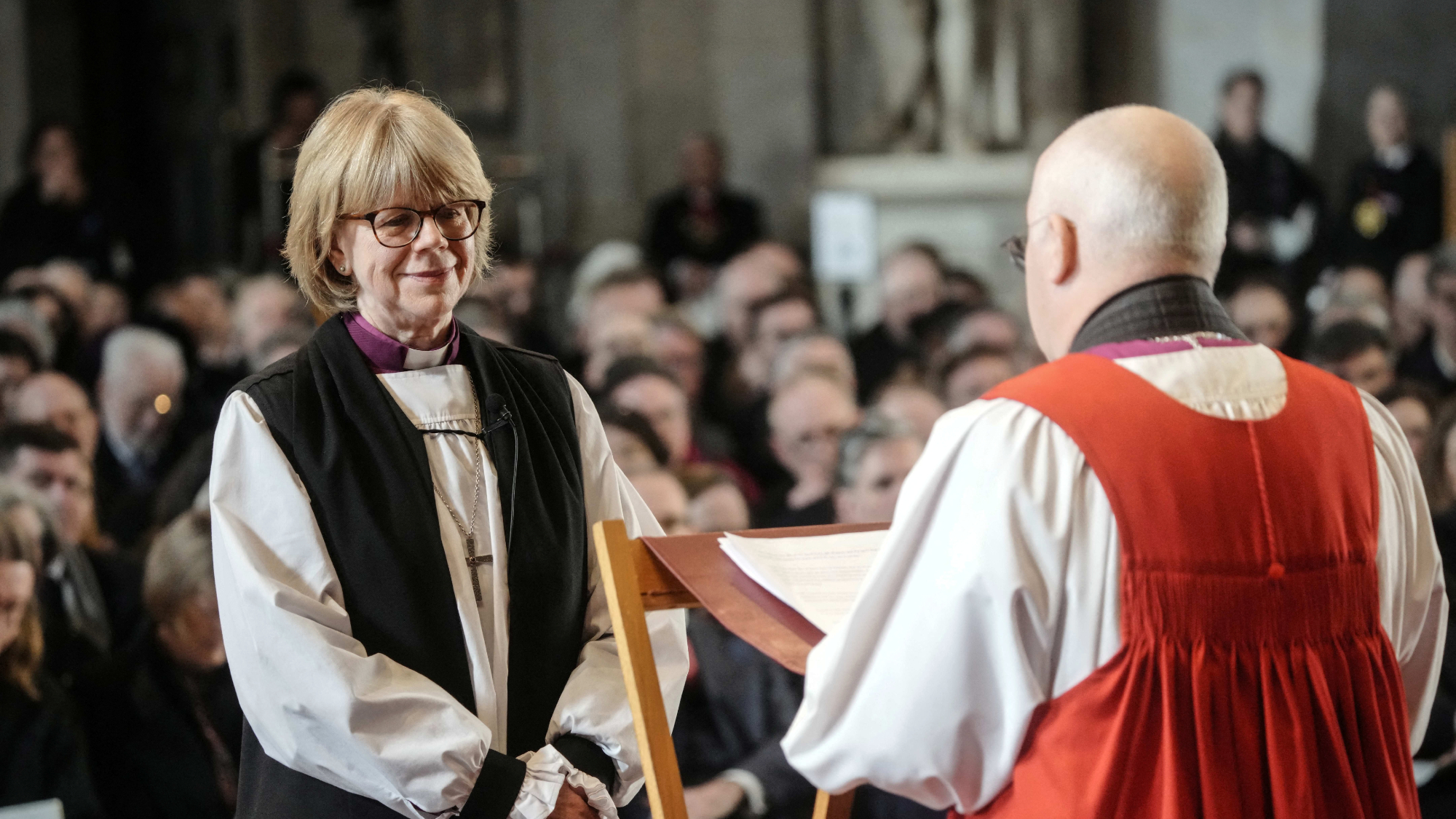 Church of England instates first woman leader
Church of England instates first woman leaderSpeed Read Sarah Mullally became the 106th Archbishop of Canterbury
-
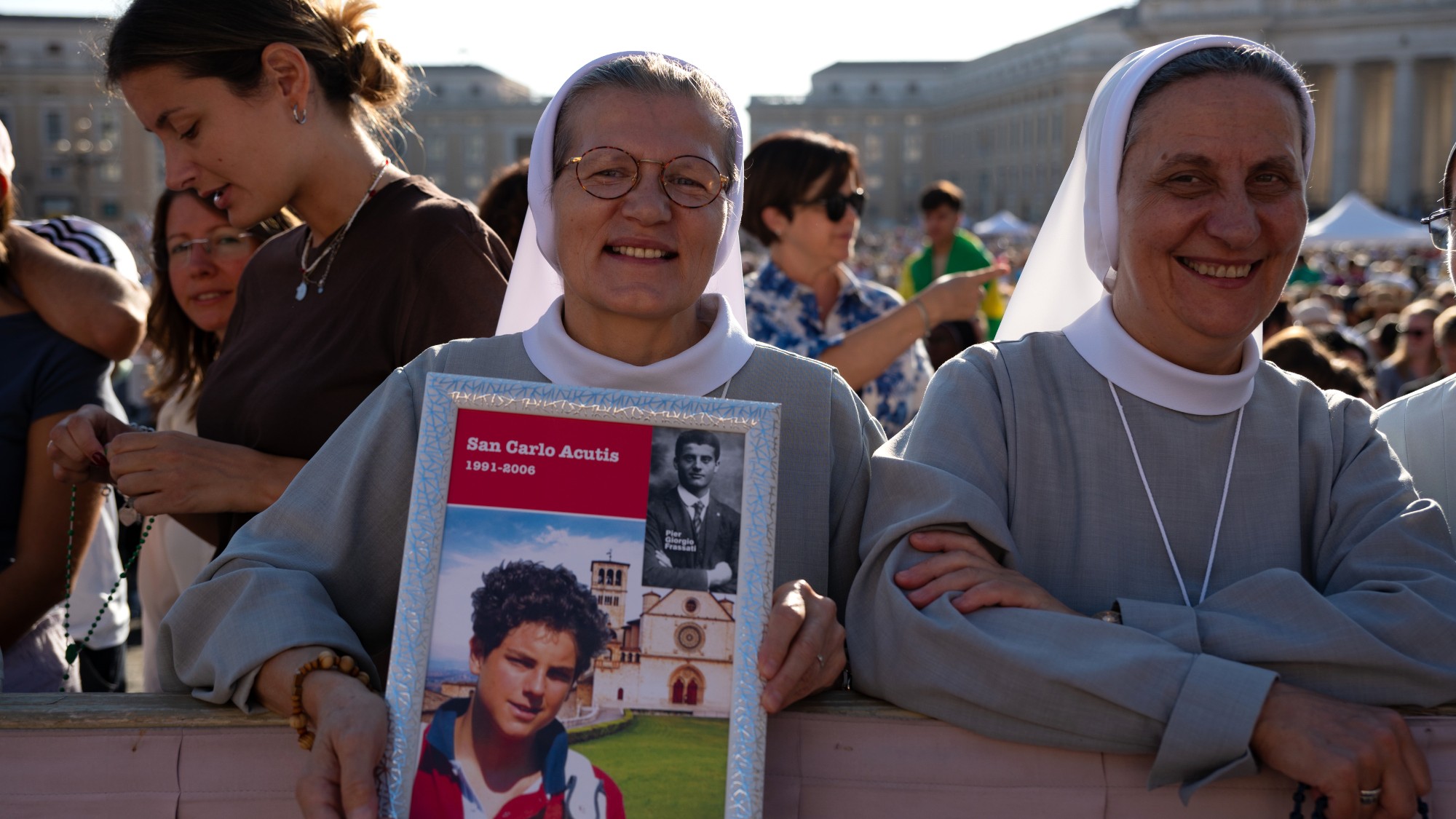 Pope Leo canonizes first millennial saint
Pope Leo canonizes first millennial saintSpeed Read Two young Italians, Carlo Acutis and Pier Giorgio Frassati, were elevated to sainthood
-
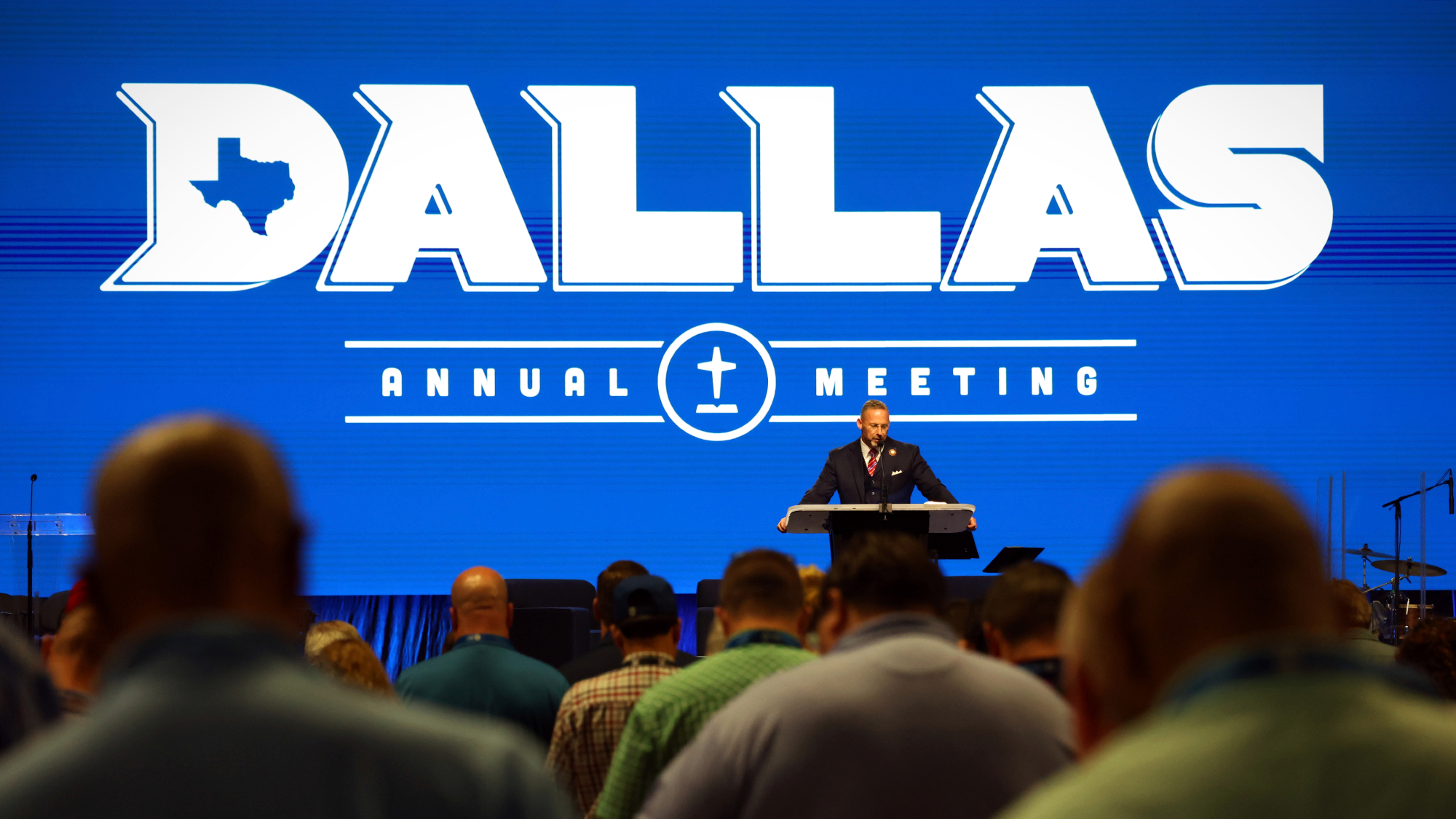 Southern Baptists endorse gay marriage ban
Southern Baptists endorse gay marriage banSpeed Read The largest US Protestant denomination voted to ban same-sex marriage and pornography at their national meeting
-
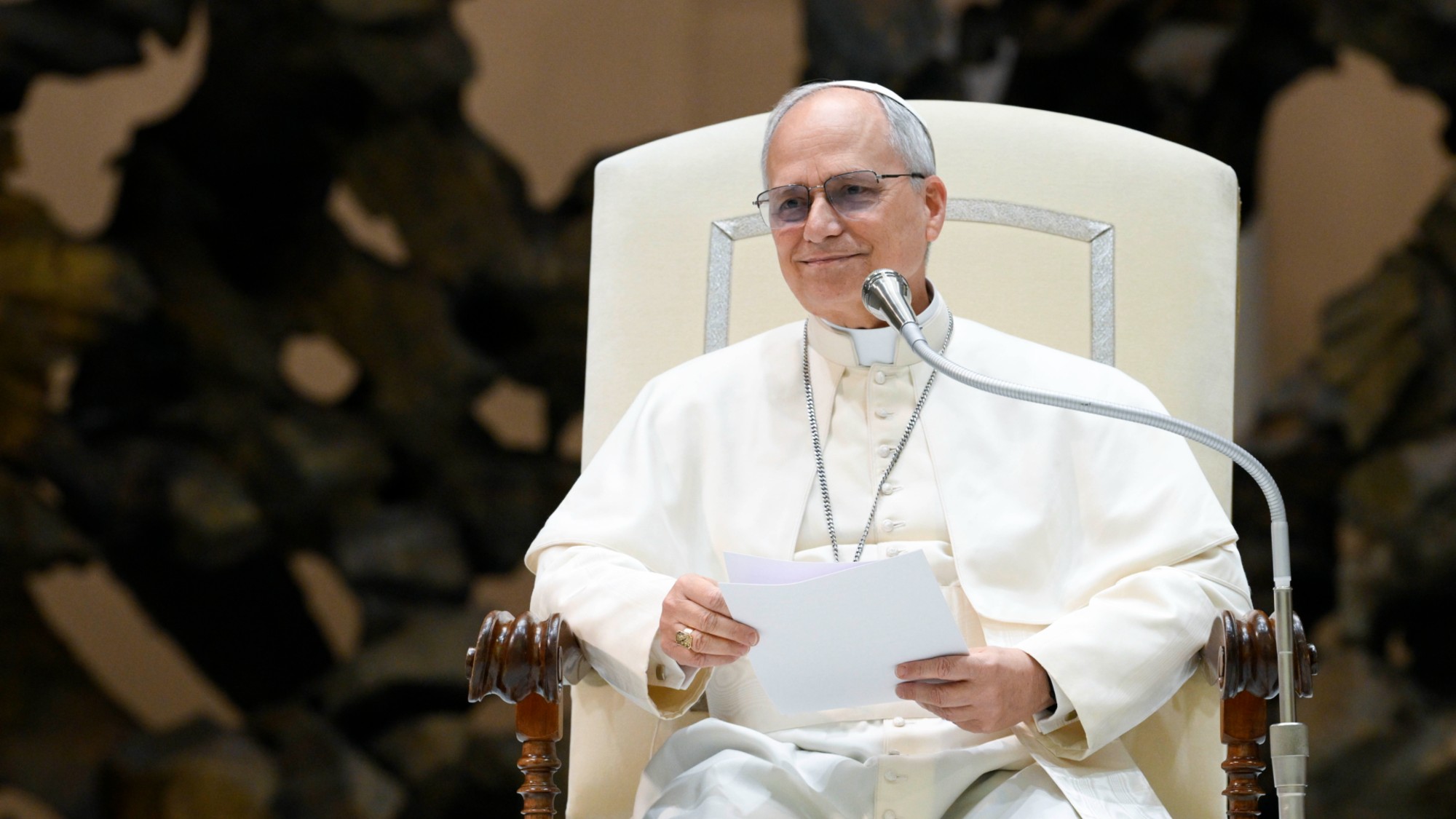 Where the new Pope Leo XIV stands on social issues
Where the new Pope Leo XIV stands on social issuesThe Explainer The first American pontiff is expected to continue some of his predecessor's work
-
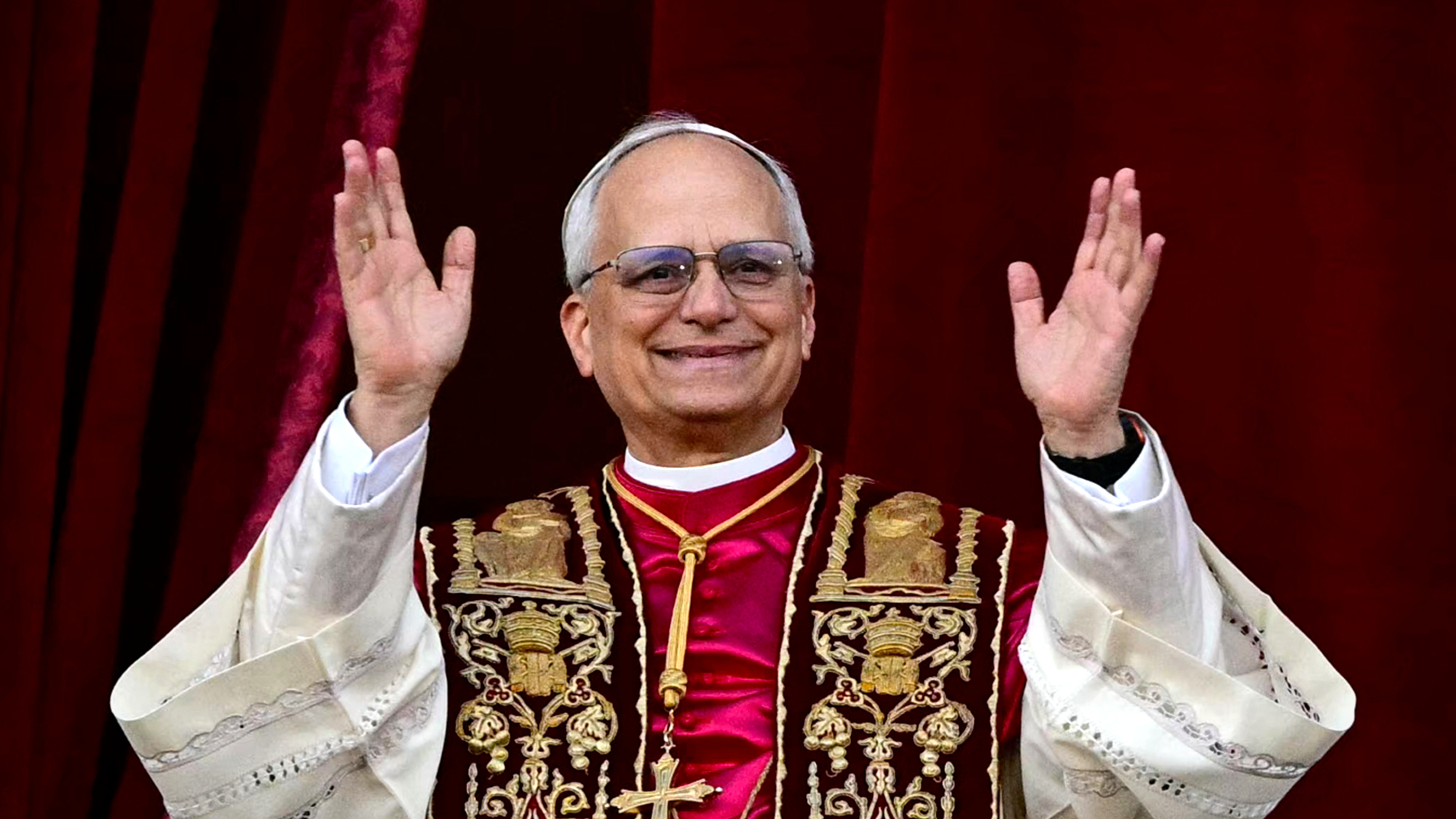 Prevost elected first US pope, becomes Leo XIV
Prevost elected first US pope, becomes Leo XIVspeed read Cardinal Robert Francis Prevost is a Chicago native who spent decades living in Peru
-
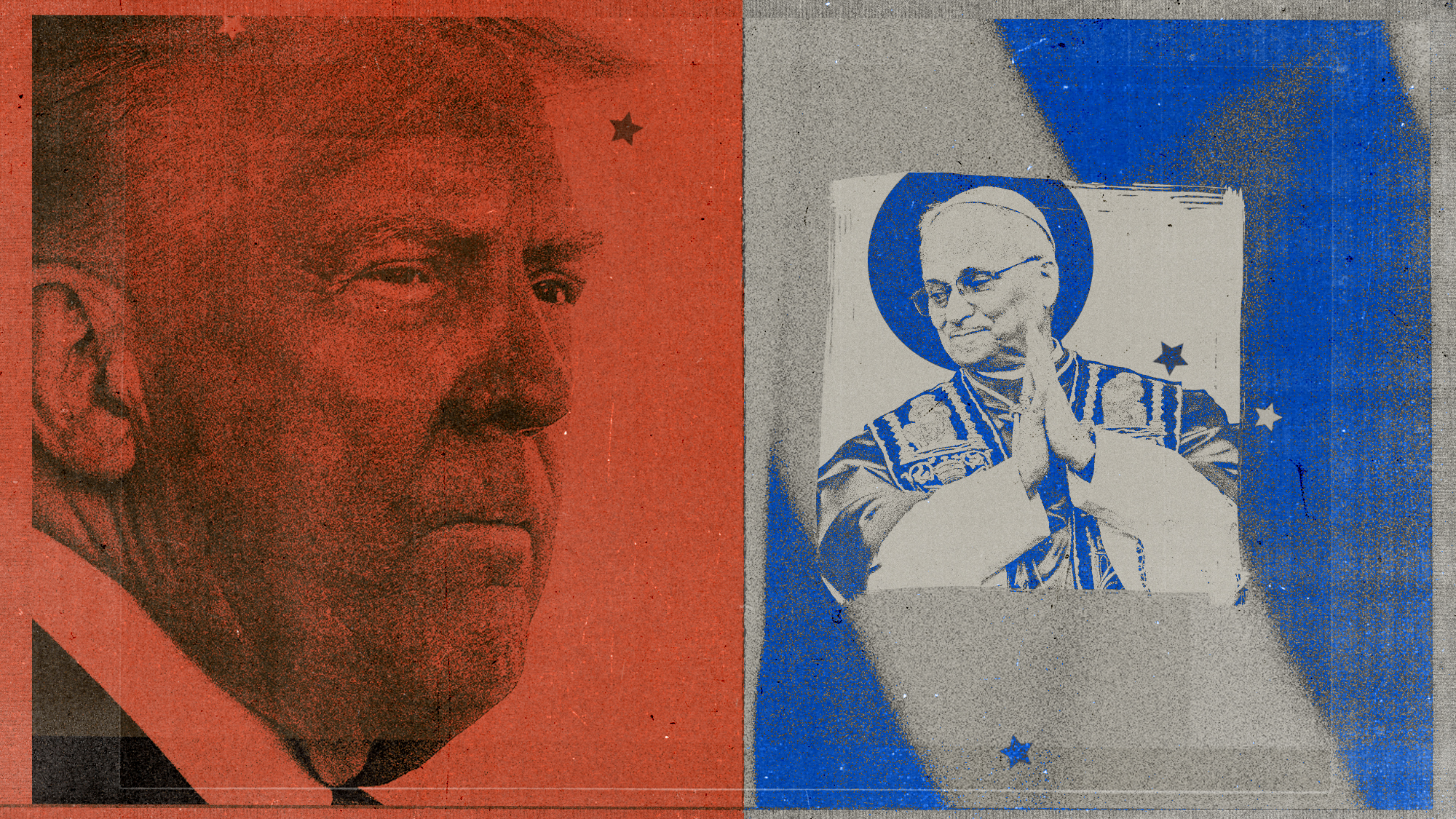 Leo XIV vs. Trump: what will first American Pope mean for US Catholics?
Leo XIV vs. Trump: what will first American Pope mean for US Catholics?Today's Big Question New pope has frequently criticised the president, especially on immigration policy, but is more socially conservative than his predecessor
-
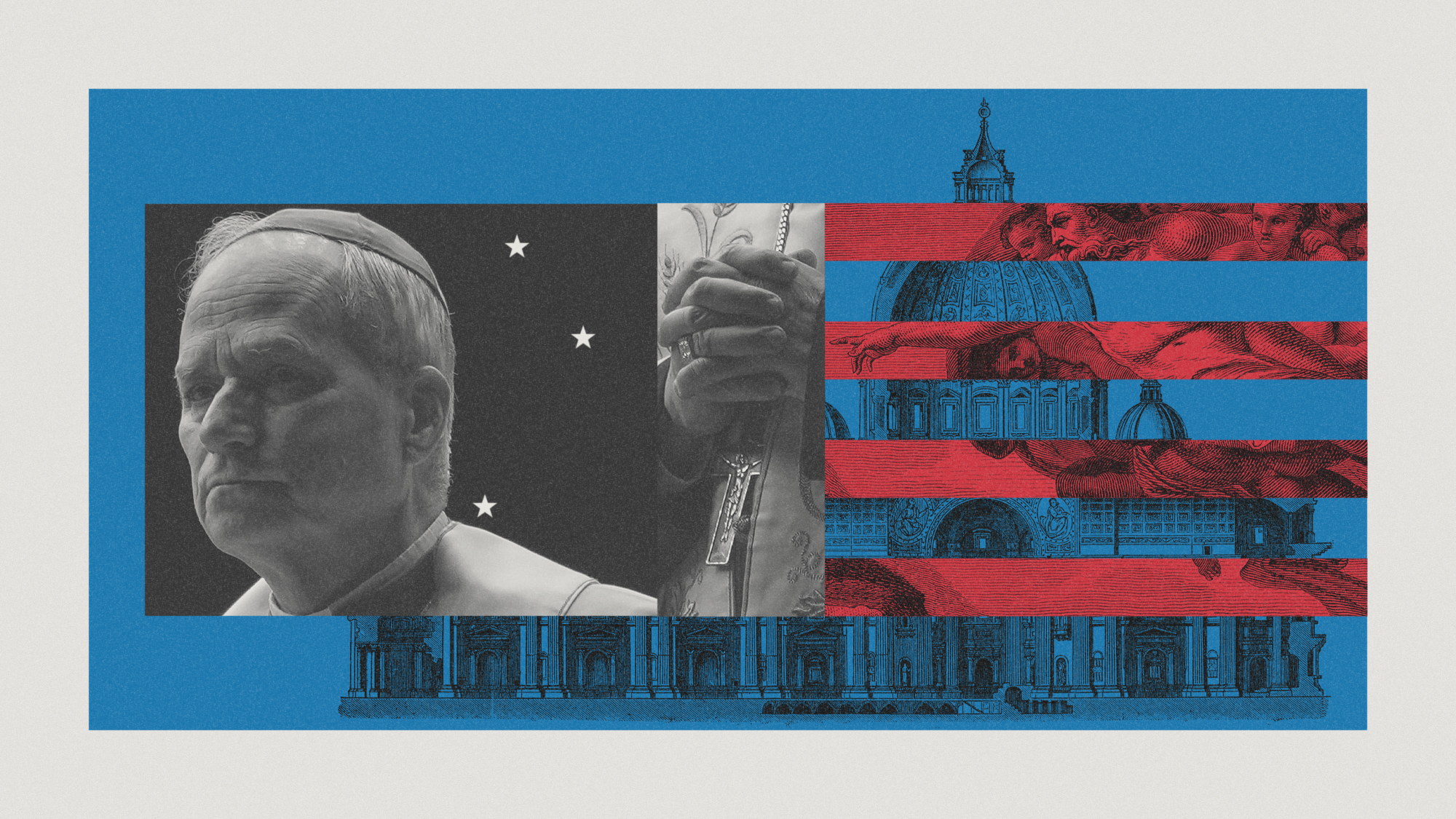 Could the next pope be an American?
Could the next pope be an American?Today's Big Question Cardinal Robert Francis Prevost is a possible 'superpower pope'
-
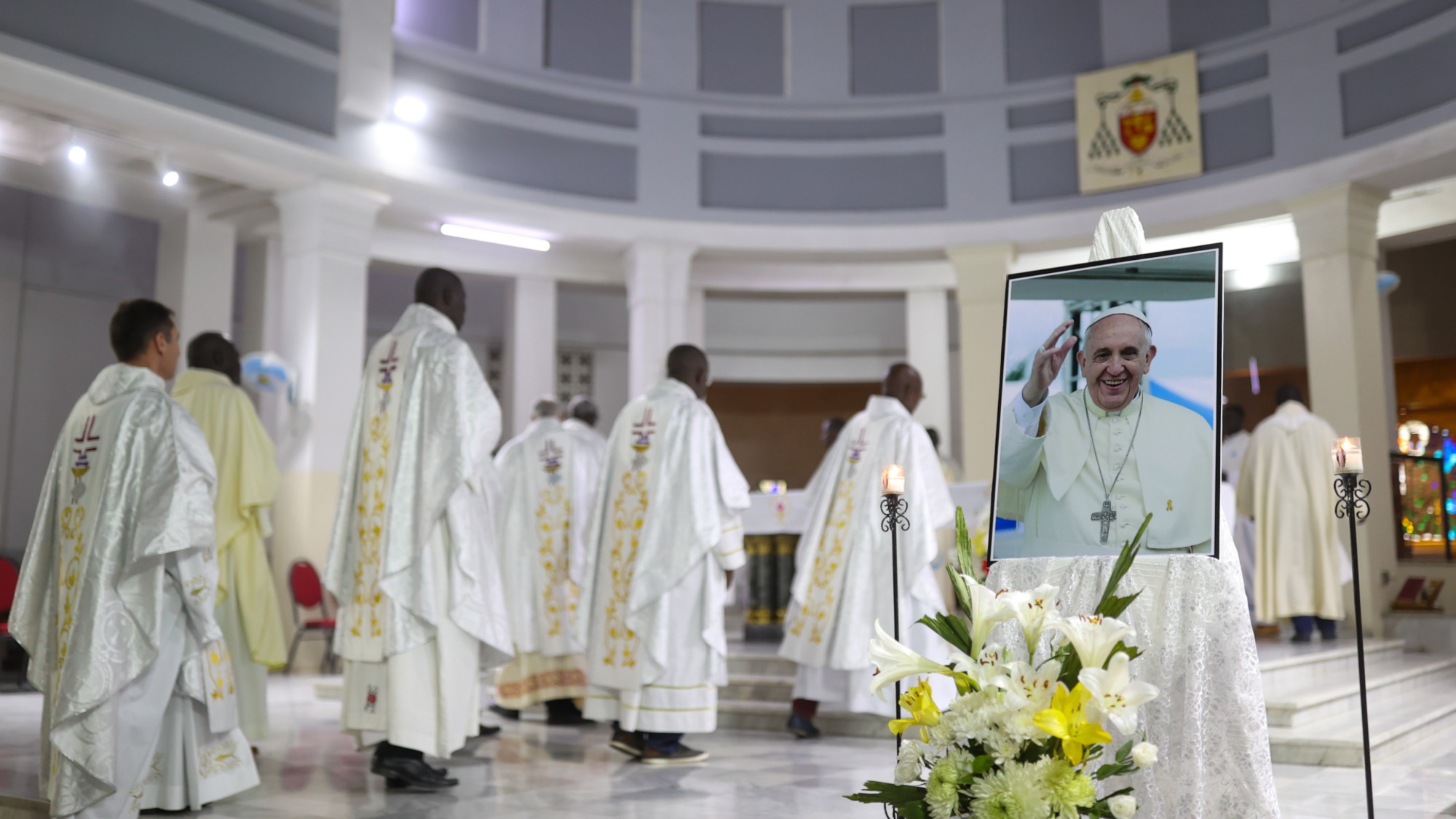 What would an African pope mean for the continent?
What would an African pope mean for the continent?Today's Big Question The Catholic Church has never had a pope from Africa in its modern history
